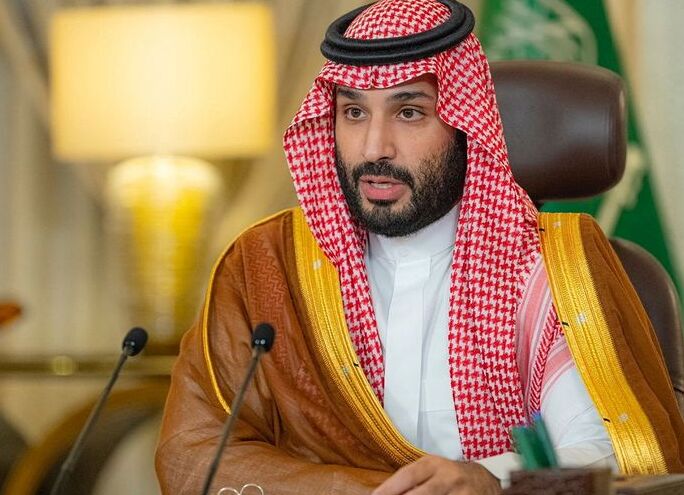Four new economic zones have been launched in the Kingdom by the Saudi Crown Prince.
The Kingdom of Saudi Arabia has announced the launch of four new economic zones, aimed at driving economic growth and creating new opportunities for businesses and investors. The new zones were launched by the Saudi Crown Prince, Mohammed bin Salman, as part of the country’s Vision 2030 plan to diversify its economy and reduce its dependence on oil.
The four new economic zones are located in the regions of Riyadh, Jeddah, Dammam, and Al-Ahsa, and cover a total area of more than 330 square kilometers. Each zone is designed to support specific industries and sectors, with a focus on attracting foreign investment and creating new jobs for Saudi citizens.
The Riyadh Economic City, for example, will focus on technology and innovation, with a particular emphasis on renewable energy, biotechnology, and artificial intelligence. The Jeddah Economic City, meanwhile, will focus on tourism and hospitality, with plans for new hotels, resorts, and entertainment venues.
The Dammam Economic City will focus on manufacturing and logistics, with plans for new factories, warehouses, and distribution centers. And the Al-Ahsa Economic City will focus on agriculture and food production, with plans for new farms, processing plants, and research facilities.
In a statement, the Saudi Crown Prince said that the launch of the new economic zones was a key part of the country’s efforts to diversify its economy and create new opportunities for its citizens. He emphasized the importance of foreign investment in driving economic growth, and said that the new zones would provide an attractive environment for businesses looking to invest in the Kingdom.
The launch of the new economic zones has been welcomed by business leaders and investors in the Kingdom and beyond. Many see it as a significant step forward in the country’s efforts to modernize its economy and reduce its reliance on oil.
One of the key features of the new economic zones is their focus on sustainability and environmental stewardship. Each zone is designed to minimize its impact on the environment, with a particular emphasis on renewable energy and resource efficiency.
For example, the Riyadh Economic City will be powered entirely by renewable energy sources, with plans for a new solar farm and wind turbines to provide electricity to the city. The Jeddah Economic City will feature a network of green spaces and parks, designed to promote biodiversity and provide a recreational space for residents and visitors.
The Dammam Economic City will feature state-of-the-art recycling and waste management facilities, aimed at reducing waste and minimizing the environmental impact of the city. And the Al-Ahsa Economic City will prioritize sustainable agriculture practices, with a focus on reducing water usage and promoting soil health.
The launch of the new economic zones comes at a time of significant change and transformation in the Kingdom. Under the leadership of the Crown Prince, Saudi Arabia has embarked on an ambitious program of economic and social reforms, aimed at modernizing the country and reducing its dependence on oil.
The Vision 2030 plan, which was launched in 2016, sets out a roadmap for this transformation, with a focus on diversifying the economy, improving social services, and promoting cultural and recreational activities. The launch of the new economic zones is a key part of this effort, and is expected to create significant new opportunities for businesses and investors in the Kingdom.
In conclusion, the launch of the four new economic zones by the Saudi Crown Prince is a significant development for the Kingdom and for the global economy. By focusing on sustainable development, foreign investment, and job creation, the new zones are expected to play a key role in driving economic growth and diversification in the country. With the Vision 2030 plan in full swing, and the Kingdom’s leadership committed to promoting innovation, sustainability, and social progress, the future looks bright for Saudi Arabia and its people.





